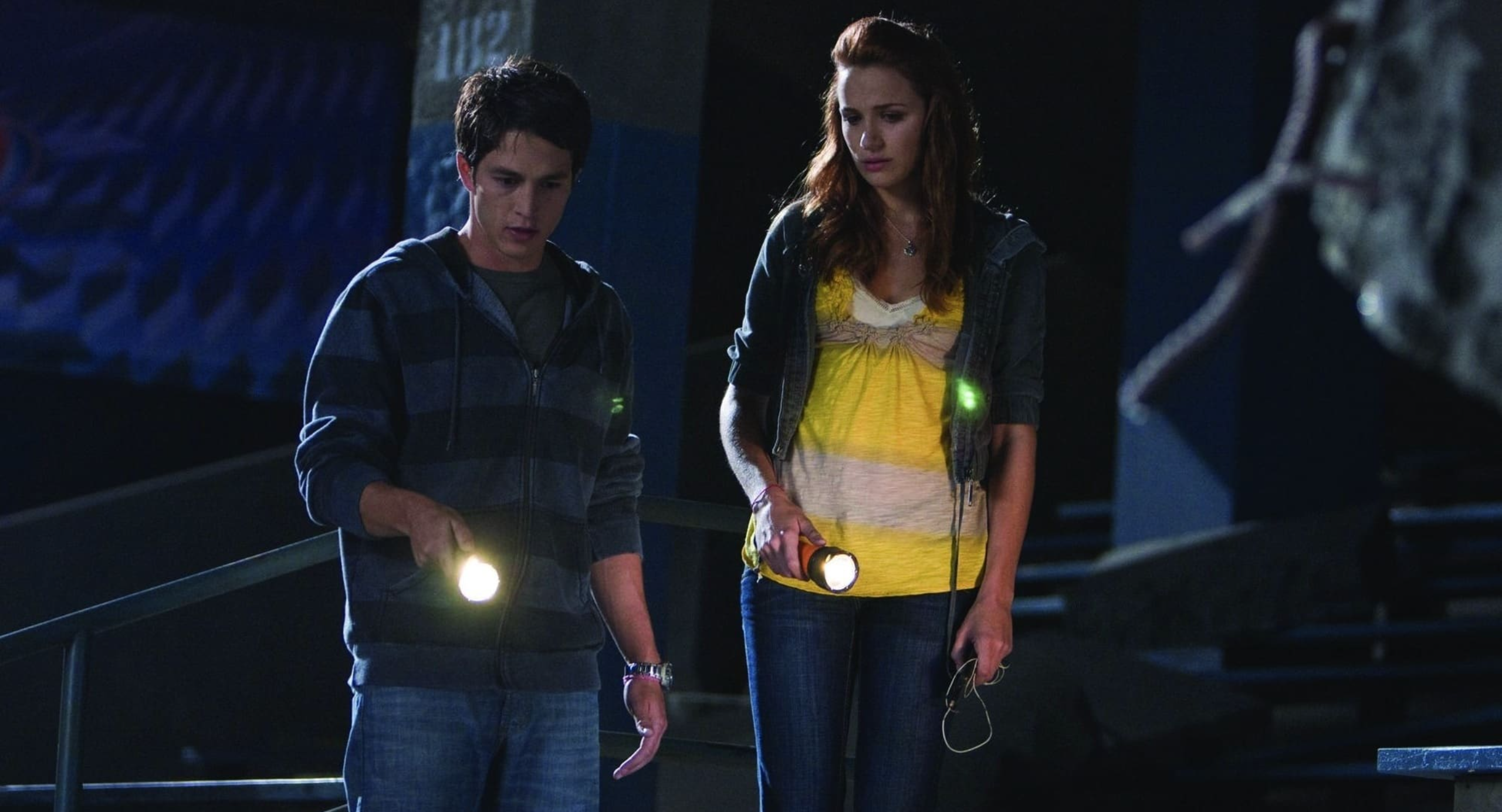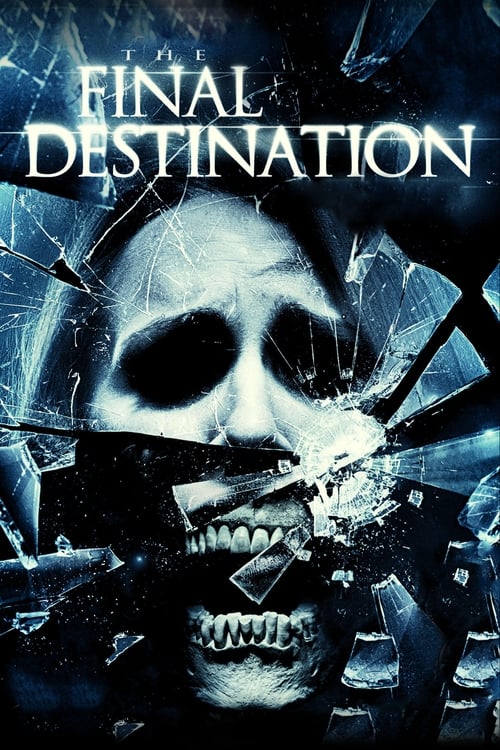The Final Destination – Film Review
Published April 1, 2024

Released in 2009, the film The Final Destination, also known as Final Destination 4, directed by David R. Ellis, presents itself as the fourth installment of the well-known Final Destination franchise. With high expectations stemming from its predecessors, the film unfortunately falters, leading viewers through a dispiriting and lackluster experience. Despite being framed around the innovative premise that has drawn many to the franchise—the idea that one can cheat death but only temporarily—the execution leaves much to be desired, from the character development, storyline, to the much-anticipated death scenes.
First and foremost, the film’s characters fail to resonate with the audience. Unlike its predecessors, which managed to establish a connection between the audience and the characters through relatable fears and tangible personalities, The Final Destination presents a cast that is both flat and unengaging. The protagonist, Nick O’Bannon, played by Bobby Campo, is written with minimal depth, leaving little room for the audience to invest in his survival or care about his premonitions. This disconnection is not unique to Nick; his friends and those around him suffer from a similar lack of development, rendering the emotional impact of their eventual demises virtually nonexistent.
Furthermore, the plot lacks the inventiveness and suspense that are hallmark traits of the franchise. The premise of a horrifying premonition that spares a group from a catastrophic event remains intact; however, the execution feels tired and repetitive. The opening disaster at a racecar event, while visually compelling, fails to capture the shock and awe of previous films. It almost immediately becomes apparent that The Final Destination relies heavily on its 3D effects—a novelty at its time of release—instead of a strong narrative foundation. The overreliance on this gimmick detracts from the storyline, making the plot feel secondary to the visual effects.
Moreover, the death scenes, a central component that fans of the franchise anticipate with a blend of fear and fascination, are particularly disappointing. The franchise is known for its creative and oftentimes elaborate death scenes that highlight the relentless nature of fate. In The Final Destination, these scenes feel underdeveloped and reliant on shock value rather than clever design. The use of 3D technology in these sequences often comes across as gratuitous rather than enhancing, with objects flying towards the audience feeling more like a distraction than an addition to the narrative. The predictability and lack of suspense in these sequences further undermine their effectiveness, stripping away the sense of dread and inevitability that should accompany the characters’ attempts to escape death.
Another critical flaw is the film’s dialogue and script, which are rife with clichés and lack the nuance necessary to elevate the material. The conversations between characters are often stilted and serve as mere transitions between death scenes, without adding substance to the story or depth to the characters. This deficiency in the script not only hampers character development but also detracts from the overall coherence of the plot, leaving the audience disengaged and disconnected from the narrative unfolding on screen.
Lastly, The Final Destination fails to innovate or contribute meaningfully to the franchise. While the previous installments each added their unique twists and expanded on the lore of the series, this fourth entry seems content to tread familiar ground without offering new insights or advancements. It misses the opportunity to explore the psychological and philosophical underpinnings of its central premise—instead of deepening the exploration of fate, choice, and death, it settles for surface-level entertainment that fails to captivate or provoke thought.
The Final Destination is a disappointing addition to an otherwise intriguing franchise. Hindered by underdeveloped characters, a lackluster plot, predictable death scenes, and a reliance on 3D effects over narrative substance, the film falls short of the standards set by its predecessors. While it may offer fleeting moments of visual spectacle, these are not enough to compensate for its numerous shortcomings. The franchise, known for its unique approach to horror and its ability to keep audiences on the edge of their seats, deserves better. The Final Destination serves as a stark reminder that without meaningful character development, innovative storytelling, and thoughtful exploration of its themes, the journey to cheat death can quickly become a tiresome and unrewarding endeavor.
